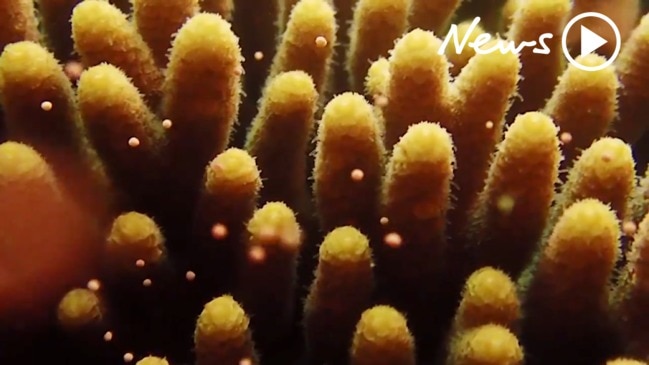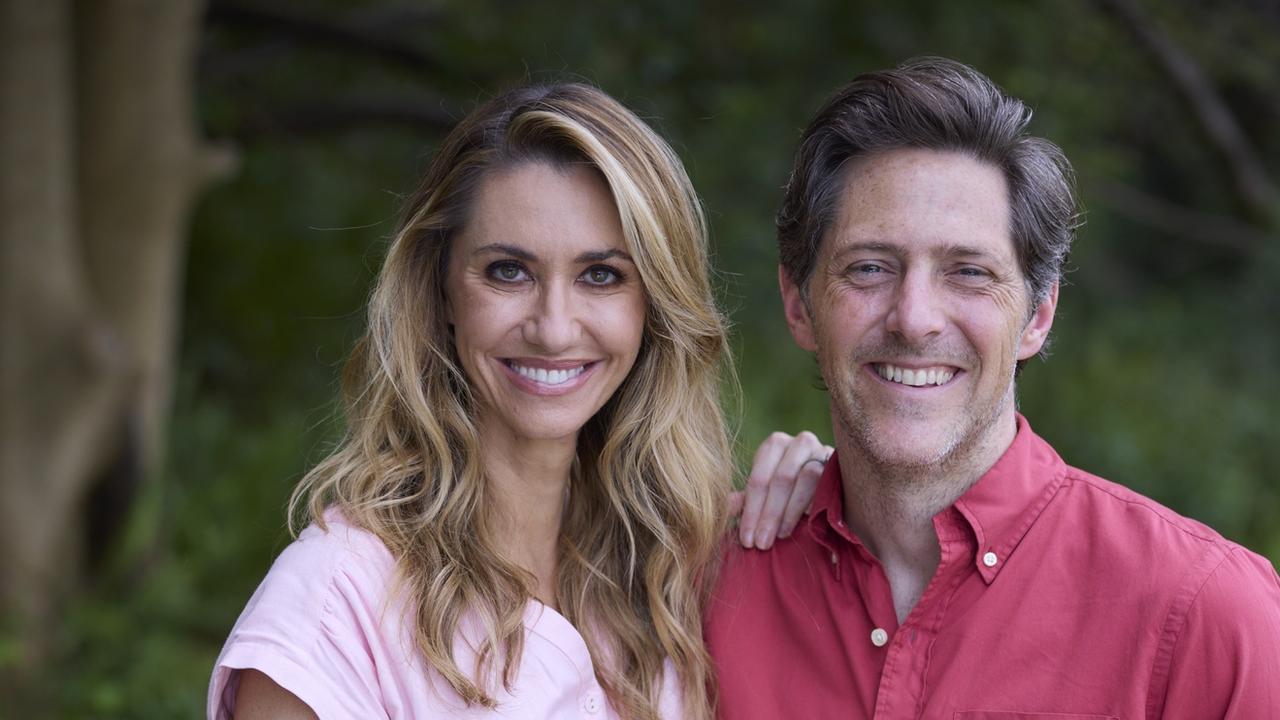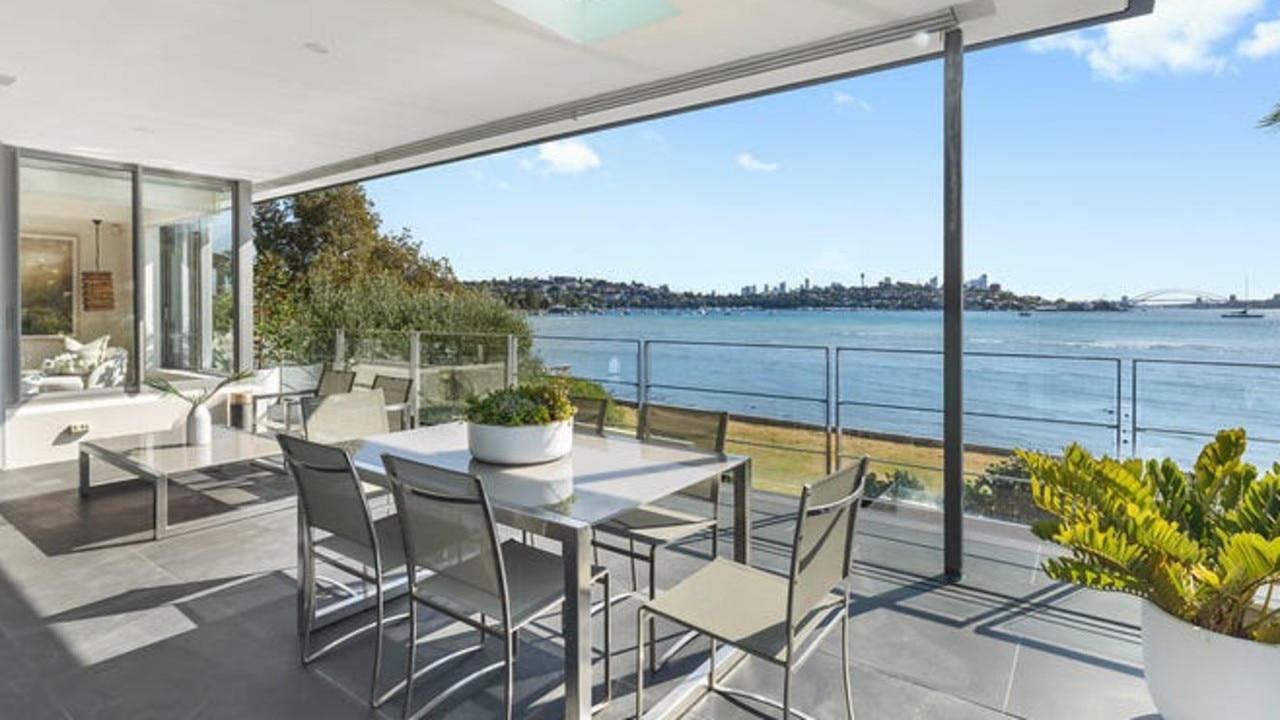Dive into the Sydney Science Festival and see how science shapes the world around us
IT is time to act to ensure that the marine systems we know, and love, are still there for future generations to enjoy, according to UNSW Science’s Associate Professor Tracy Ainsworth.
The human impacts on the marine environment is the focus of a “walking snorkel” tour that is just one of the mind-blowing events and talks that the University of NSW is hosting for the Sydney Science Festival, part of National Science Week from August 6-18.
The virtual dive into the state’s hidden reefs, from Reef to Harbour: The Hidden Wonder of NSW Corals, will be led by UNSW Science’s Associate Professor Tracy Ainsworth on August 10.
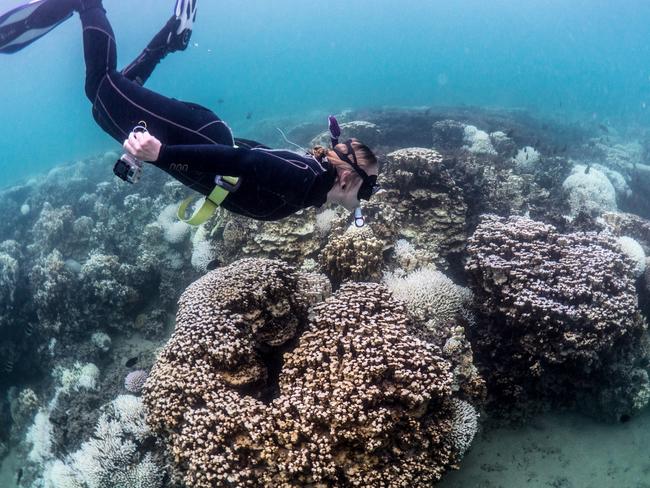
“Human impacts on the marine environment are now evident in even the most remote
places on earth,” Prof Ainsworth said.
“The choices we make can cause lasting change to environments that we value and rely upon.
“This means that our reach into the marine environment is now greater than it has ever been and our activities can threaten the sustainability of marine ecosystems around the globe. But this also shows us that if we make the right decisions about our activities, we can reverse this downward trend and ensure that the marine systems we know, and love, are still there for future generations to enjoy.”
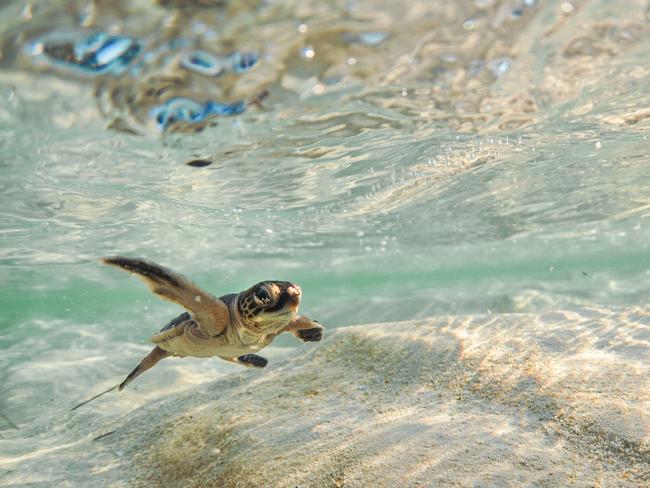
In terms of the rapid degradation in marine ecosystems she pointed to our coral reef ecosystems, where bleaching and disease events have become more frequent and far more intense.
“It is increasingly evident that we need to actively protect these places from human activities. There are multiple threats to our coral reef and marine ecosystems,” she said.
TOUR THE MUSEUM OF HUMAN DISEASE
Get involved in a one off-guided tour of UNSW’s Museum of Human Disease on Saturday, August 17 at 10am. You will see specimens demonstrating some of the world’s deadliest diseases including mad cow disease, tuberculosis and cancers. Some specimens illustrate the effects of diseases such as typhoid and diphtheria, while others illustrate the impact of unhealthy lifestyle factors with exhibits on smoking, obesity, alcohol, drugs and mental health.
“Our invaluable collection is completely unique, with over 2500 diseased human tissue specimens,” Museum of Human Disease director Dean Lovett said. “Students and general public visitors can see specimens demonstrating some of the world’s deadliest diseases like mad cow disease, tuberculosis and many different rare cancers and tumours.”
For those who missed out on signing up for the Science Festival tour the museum is open to the public Monday-Friday 10am-4pm.
OTHER HIGHLIGHTS:
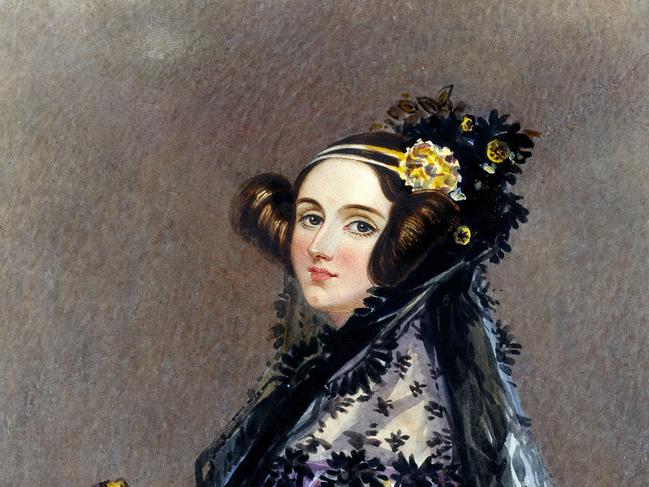
Women & the internet, August 14: The history of technology is one of men and machines, transformation tales of garages to grand mansions, alpha nerds and ‘brogrammers’. But female tech visionaries have always been at the forefront of technology and innovation, yet they’ve been overlooked, until now. Musician Claire L Evans tells the story of internet’s unsung female heroes from Ada Lovelace who wrote the first computer program back in the Victorian Age (100 years before the first computer was built), to Elizabeth Feinler who helped create the first domain names. Tickets events.unsw.edu.au
Look Inside My Heart: Medical Science, Health and Lifestyle, August 7: A panel of top researchers will discuss the latest in heart disease research – from major medical developments to the role of nutrition and exercise. Tickets events.unsw.edu.au
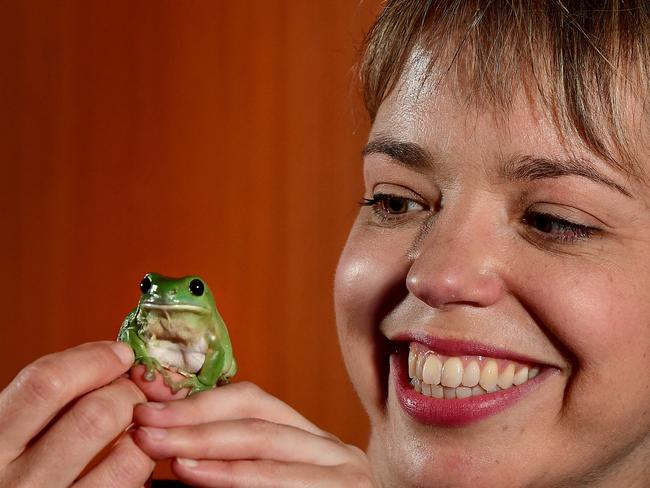
Scientists in the Bookshop: Tales from the field, August 17: This session will feature three field scientists who work in far-flung corners of the globe, including feathers, frogs and fish with Dr Jodi Rowley. These experts are all fascinating examples of the diversity of the work of a scientist. Tickets events.unsw.edu.au
